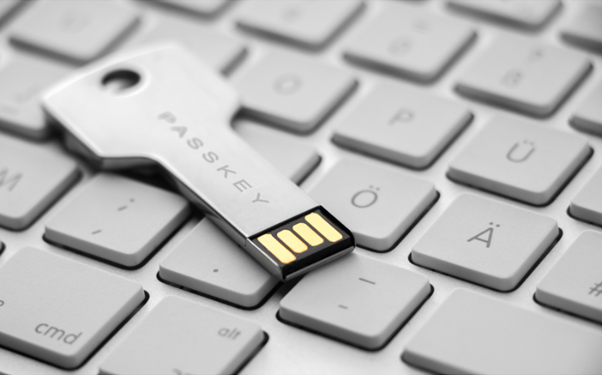

Share on social..
Here’s a sobering statistic: phishing was responsible for 84% of business breaches in the UK in 2023/24.
Nearly all of them were down to human error.
Let that sink in for a moment.
Despite our best efforts with extra security measures like complex passwords and Multi-Factor Authentication (MFA), cybercriminals are still finding ways to exploit human error.
As a business owner, this might make you feel vulnerable, and rightfully so. But you’re not alone in this fight.
Remember when setting a strong password was all you needed to keep your accounts safe? Those days are long gone. As cybercriminals became more sophisticated, the humble username-password combination proved woefully inadequate.
Enter Multi-Factor Authentication (MFA).
For a while, MFA seemed like the perfect solution. It significantly improved security for many businesses and individuals. However, as with any security measure, determined cybercriminals eventually found ways to overcome it.
Imagine a world where you don’t have to worry about your employees falling for a clever phishing email. A world where logging in is as simple as tapping a small device, with no complex and easily forgettable passwords to remember or codes to input.
This isn’t science fiction – it’s the reality of passkeys and FIDO security keys.
First, what exactly is FIDO?
[Pronounced: FIE – DOE.]
FIDO stands for Fast Identity Online.
An alliance was formed in 2013 between the big tech giants like Google, Microsoft and other cyber security experts who continue to work together to improve online security and to “help reduce the world’s over-reliance on passwords”.
This coalition is also known as the FIDO alliance.
Passkeys are a ground-breaking technology that ties your login to a specific device.
Think of it as a unique, digital key that only works with your specific ‘lock’. It’s based on well-established public key infrastructure (PKI) technology.
Here’s how passkeys work:
This system offers a much greater level of protection because no secret authentication information is transmitted during this exchange. The website or app you’re logging into is only checking to see if the two ‘digital keys’ match.
Passkeys are built on the global FIDO2 authentication standard, supported by the FIDO alliance.
FIDO security keys take this concept a step further. These are physical devices that store your passkeys, offering an extra layer of tangible security. Here’s what you need to know:
The main advantage of FIDO security keys is that the same key can be used across multiple devices, so users are not restricted to using one device.
However, they do require the user to have the key with them to complete the authentication – both their core advantage and a potential disadvantage if the user leaves their key at home.
As a business owner, you might be thinking, “This sounds great, but what does it mean for me?” Here’s why you should care:
Now, you might be wondering, “What if my employees forget or lose their security keys?” It’s a valid concern, and it’s why we recommend registering multiple keys for each account. Yes, there will be a learning curve, but think of it as an investment in your business’s future security.
As we look into the future, the cyber security landscape will continue to evolve. There are already discussions about the potential role of AI and deep fakes in future identity theft scenarios. While it’s too early to predict the exact impact, one thing is clear – staying ahead of the curve is crucial.
As a small business owner, embracing these changes might seem daunting. But remember, you don’t have to go it alone. At Lumina, we’re committed to guiding small businesses like yours through the ever-changing cybersecurity landscape.
We’re rolling out passkeys, FIDO keys, and other cutting-edge phishing-resistant security measures as part of our PRISM Business/Enterprise packages. These comprehensive security solutions are designed to give you peace of mind, allowing you to focus on what you do best – running and growing your business.
Ready to take your cyber security to the next level? Let’s have a conversation about how we can secure your digital future together. Your future self (and your data) will thank you.